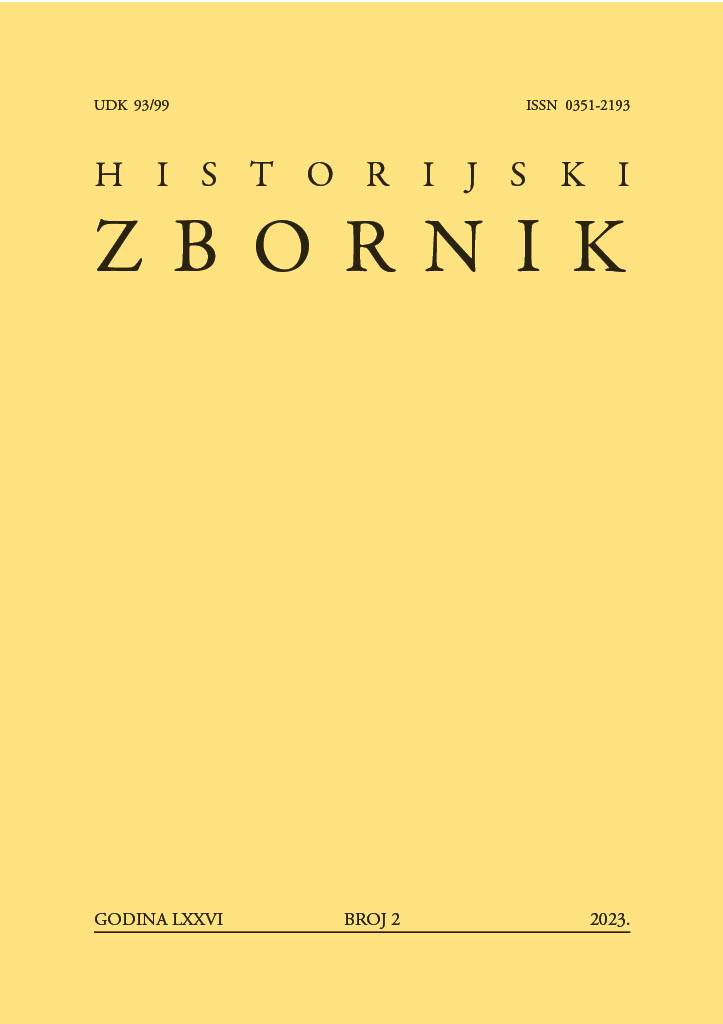Total People’s Defence and Social Self-Protection Committees – example of the Socialist Republic of Croatia
DOI:
https://doi.org/10.59412/hz.76.2.5Keywords:
Yugoslavia, Croatia, League of Communists, crisis situations, prevention, Total People’s Defence and Social Self-protectionAbstract
In the late 1970s, the defence, protection and security affairs of the Socialist Federal Republic of Yugoslavia were integrated in a single concept of total people’s defence and social selfprotection. It was conceived as a combination of two functions that would promptly prevent possible crisis situations and effectively respond to all threats to society, including war. Total people’s defence and social self-protection committees were established to manage the concept in all spheres of society, ranging from the local community level to the level of the Republic and the autonomous province. Committees were not established at the Federation level. Committees at all levels were led by presidents of the League of Communists’ organisations. This affirmed and reinforced the dominance of the League of Communists at all defence and security levels of the society, including the impact on the territorial component of the Armed Forces. This was actually the key feature of their establishment, because until then the armed forces were exclusively subordinated to the president of Yugoslavia and of the League of Communists, Josip Broz Tito. Committees were established on the basis of the conclusions of the 11th congress of the League of Communists of Yugoslavia which was held in 1978. They had a specific position and considerable powers in the defense system, although those were never defined constitutionally. Outside the SFRY Constitution, they were introduced in 1982 in the Law on Total People’s Defence, which prescribed that the Presidency of SFRY could transfer to them part of its powers as regards to the use of the Territorial Defense. In the late 1980s, they became futile because they took over the jurisdictions of other bodies and organisations at lower levels, whereas at the highest level they were unable to respond to the deterioration of the political situation in Yugoslavia. With the dissolution of the League and the elections in some of the republics in 1990, their role ended.
Downloads
Published
How to Cite
Issue
Section
License

This work is licensed under a Creative Commons Attribution-NonCommercial 4.0 International License.
Copyright holders are the publisher Association for Croatian History and the authors.
Historical Journal is an Open Access journal. Users are allowed to read, download, copy, redistribute, print, search and link to material, and alter, transform, or build upon the material, or use them for any other lawful purpose as long as they attribute the source in an appropriate manner according to the Creative Commons licence CC BY-NC.
The papers published in Historical Journal can be deposited and self archived in the institutional and thematic repositories providing the link to the journal's web pages and HRČAK. Journal does not charge article processing charges (APC). The editors assume no responsibility for statements of fact or opinion made by contributors.

